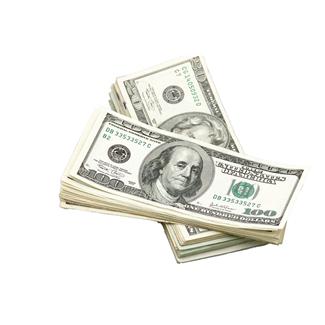Should Private Schools Receive Tax Credits?

Should students be able to attend private schools on the tax payer’s dime? Some states seem to think so, while others are extremely opposed to the idea. If you step back to look at the facts, there are pros and cons to this tax bill. While it could provide a solid education for low-income students, it could also hurt public schools. Should private schools receive tax credits or not?
What Is the Purposed Bill?
The exact rules are different in each state where the bill is proposed, but the idea is generally the same. Families would be provided tax credits to send their children to private schools. As of fall of 2012, there were 11 states that offered such programs. At first, this may not seem like a bad idea, but dig a bit deeper and you may worry how your tax dollars are being spent.
How Could It Help?
Obviously, it could be very beneficial to send your child to the right private school. Many private schools have smaller student to teacher ratios, more money for using the latest technology to teach material, and more money for extracurricular activities. In other words, the education received at these schools could far surpass that received in public schools. However, not all private schools are the same and this is where the problems start to occur.
How Could It Hurt?
Many people are upset about their tax dollars being used to send children to private schools because many of these schools are not regulated with testing and teach the material of their choosing. People are also upset that public funds are being used to send children to private schools that are based on a religion. Some are even shocked that some of these schools prohibit gay, lesbian, and bisexual students from attending. In other words, many of these private schools have rules in place that shouldn’t be covered by government funds because they discriminate. Yet another issue that has been raised is that providing these tax credits could be a big blow to public schools.
Should students be allowed to attend private schools through public tax dollars? The answer is questionable. On one hand, the child could receive a better education in a classroom where he/she didn’t have to compete for the teacher’s attention. On the other hand, these schools have questionable rules in order that go against government regulations. It can be difficult to determine if this is a good or bad choice. It’s a gray area that needs to be looked at from all sides before states decide to spend taxes on private schools.
About the Author: Allen Williams currently has his 3 children enrolled in public school and one uses a Dallas tutor for extra math help. His 4th child, about to enter 2nd grade, is homeschooled.
